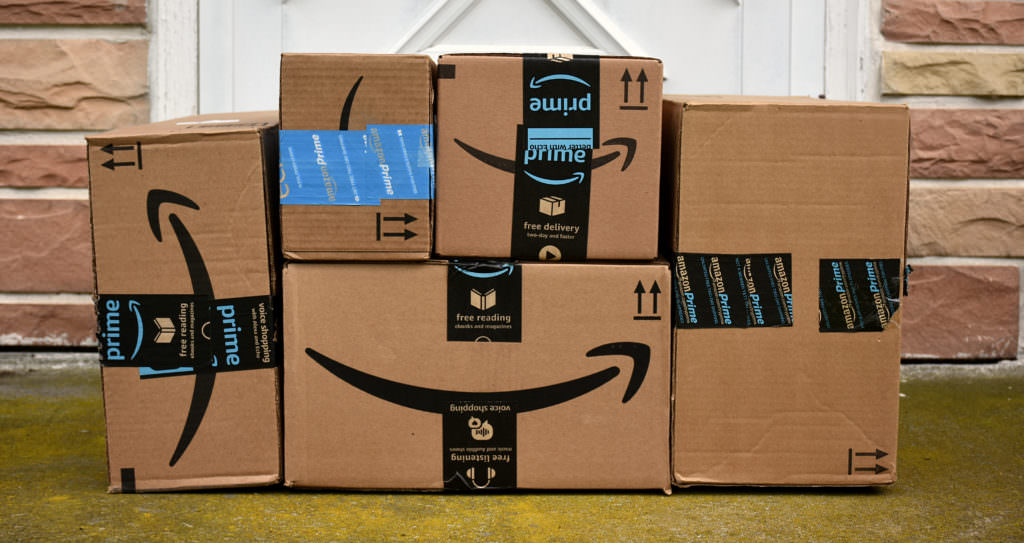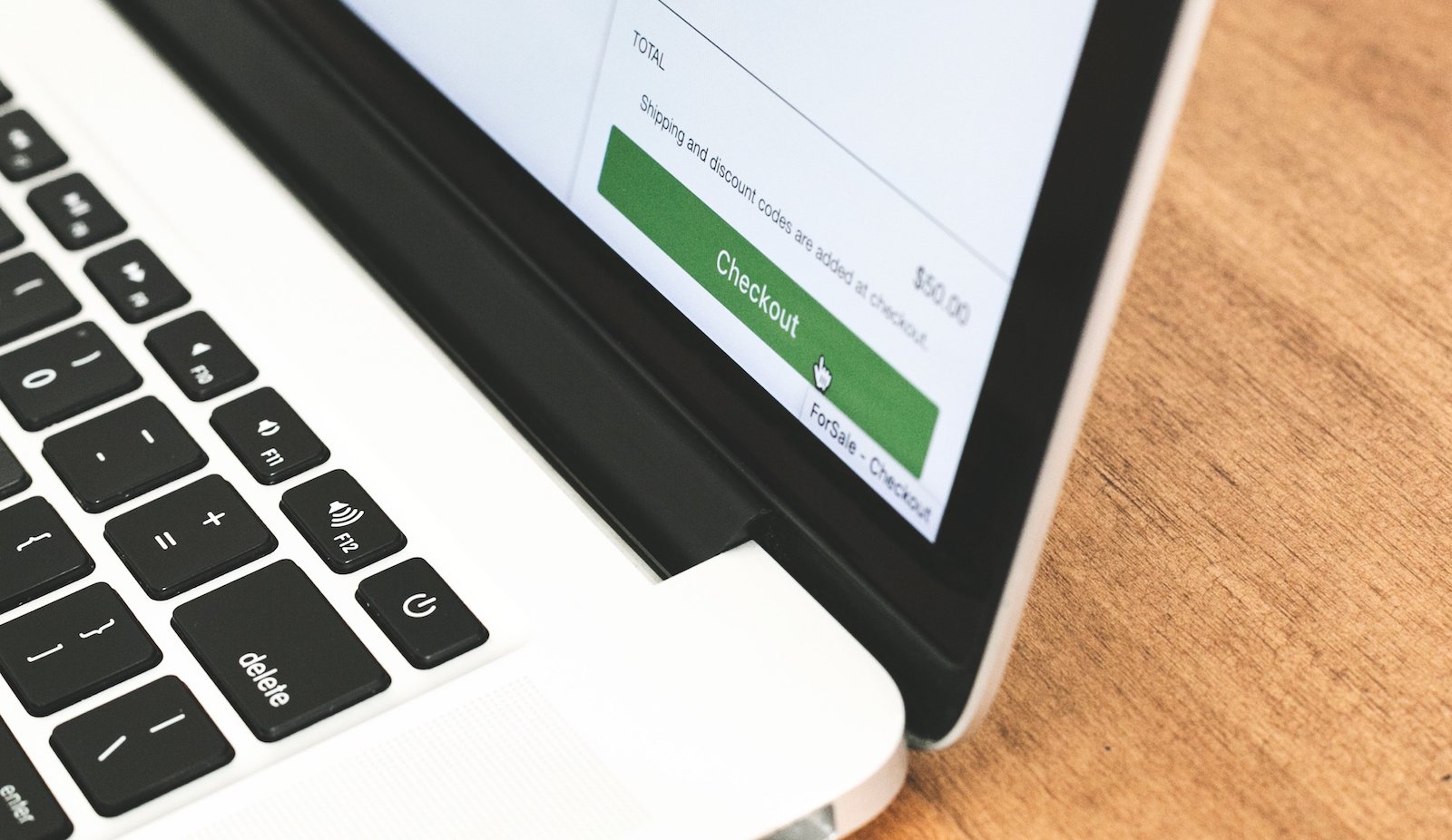Table of Contents
** Minutes
3 reasons why you need an Amazon FBA alternative
What do you want to learn?
For many US consumers, Amazon is the first place they look when shopping online for a particular product, from furniture to groceries to consumer electronics. With $232 billion in revenue in 2018, it’s no surprise that so many brands choose to sell their products through the marketplace, oftentimes in addition to their own ecommerce business store.
Since Amazon dominates the ecommerce landscape and main sales channels, it can seem as though every retailer has to play by Amazon’s rules — or at least follow their example. This is especially true when it comes to ecommerce fulfillment thanks to Amazon Prime making 2-day shipping a standard customer expectation.
That’s one reason why many brands feel pressured to choose Fulfilled by Amazon (FBA) to fulfill their Amazon orders. With FBA, the seller ships inventory to Amazon, and Amazon fulfills orders on the independent seller’s behalf.
FBA allows sellers to leverage Amazon fulfillment centers to store inventory. In turn, Amazon is responsible for ensuring shipments meet Amazon Prime shipping standards. But while FBA can help Amazon sellers simplify their ecommerce shipping, it isn’t without its downsides, including unpredictable fulfillment fees and little to no control over branding and customer interactions.
In this article, we’ll cover why Amazon sellers should consider an alternative to FBA — and how working with a 3PL can be the best option for your brand.
3 reasons why you need an Amazon FBA alternative
FBA offers many perks including access to its vast network of fulfillment centers, the Amazon Prime badge on product listings, and returns management. That said, Amazon FBA isn’t the best choice for many ecommerce brands because of its limitations and fulfillment fees. Here are some things you can do with Amazon FBA alternatives that you can’t with FBA:
1. Control your inventory
Amazon’s fulfillment centers are not intended to be inventory storage facilities or long-term warehouses. Amazon penalizes sellers with a low inventory turnover rate or whose inventory is still in storage past a certain point in time, especially during the busy holiday season. Inventory management is an important piece of your Amazon selling and shipping strategy, so being able to control and have insight into your inventory is crucial.
2. Use your own branding
When you use FBA, Amazon will ship your products in Amazon-branded boxes. This means that Amazon’s branding is front and center — you have no opportunity to create a brand experience through your shipping. While this may not be a deal-breaker, it’s worth keeping in mind — especially if you want to build a brand presence outside of Amazon or redirect customers to a separate ecommerce website for future purchases.
3. Stop paying extra fees
Amazon FBA fees can be complex and variable. Outside of a seller fee, Amazon charges two main types of FBA fees: fulfillment fees and inventory storage fees.
- The FBA fulfillment fee includes the entire picking, packing, and shipping process for each order shipped.
- The FBA storage fees include storing your products in Amazon fulfillment centers.
Both prices can vary depending on several factors including seasonality (Amazon storage becomes much more expensive in Q4 around the holidays) and product subcategories (e.g., FBA tacks on an additional $0.40/item for apparel). Plus, Amazon also charges fees to penalize sellers for not following their stringent packaging, FBA prep, and labeling guidelines.
Amazon FBA alternatives
In addition to FBA, Amazon allows sellers to use two fulfillment options: seller-fulfilled prime and fulfilled by merchants.
Seller-Fulfilled Prime (SFP)
The Amazon seller ships their own products directly to the consumer according to Amazon Prime’s strict shipping standards, allowing them to display the Prime badge on listings they fulfill from their own facilities or those of a third-party logistics (3PL) provider. Seller-fulfilled Prime can be an expensive option, as sellers may need to pay for costly 2-day air shipping to meet Prime shipping standards.
Fulfilled by Merchant (FBM)
The Amazon seller ships their own products directly to the customer after receiving the order information from Amazon. This can be done in-house or through a 3PL. While this doesn’t allow you to show the Prime badge on your product listings, it gives you more control over the entire post-purchase customer experience. Keep reading to learn more about working with a 3PL instead of shipping through Amazon FBA.
With the COVID-19 pandemic, many Amazon Prime orders have seen long delays, because of Amazon prioritizing essentials. This has made FBM a much more attractive model at this time.
Working with a 3PL as an alternative to Amazon FBA
Working with 3PL fulfillment companies to fulfill Amazon orders can have a wide variety of benefits. While different 3PL companies have different capabilities, all 3PL fulfillment providers offer solutions for managing inventory and packaging, and shipping orders, ultimately providing reliable logistics and a better customer experience for Amazon sellers.
“In my eyes, ShipBob is competing against the Amazons of the world. Not only are they very cost-competitive and quick, they actually care.”
Carl Protsch, Co-Founder of FLEO
2-day shipping
Amazon Prime has made free 2-day shipping the standard — especially for Amazon sellers. But offering 2-day shipping through Seller-fulfilled Prime can take a huge toll on your margins. Working with a 3PL can help you offer 100% 2-day shipping coverage for your Fulfilled by Merchant Amazon orders.
“ShipBob’s 2-Day Express Program has been phenomenal for us. Because of Amazon, our customers expect 2-day shipping and we couldn’t find other 3PLs that can provide that.”
Founder of My Calm Blanket
3PLs often have relationships with shipping carriers that allow them to negotiate discounted shipping rates. In addition, distributing your inventory across fulfillment centers can result in significant cost savings for 2-day shipping.
Distributed inventory
If you work with a 3PL with several ecommerce warehouse locations, you can distribute your inventory across fulfillment centers to ship each order out from the one closest to your customer. This puts your inventory closer to more shipping destinations, meaning you can offer two-day shipping via ground to more customers. This can be much cheaper than expedited air shipping — without the stringent requirements of Amazon Prime.
Inventory management
Fulfilling Amazon orders through a 3PL can offer you more control over and insight into your inventory. Managing inventory involves much more than just warehousing your products; you need full visibility into what is available to ship to your customers at any given time. A 3PL should allow you to view real-time inventory counts at each fulfillment center location and proactively reorder inventory to avoid stockouts.
Order management
Having the right order management strategy in place can help prevent stockouts or backordered items, and unhappy customers. 3PL order management software can streamline the Amazon fulfillment process by aggregating critical data and improving order accuracy.
“In contrast to working in the Amazon fulfillment dashboard, which looks like a Bloomberg terminal upon opening it, the ShipBob dashboard is awesome and extremely user-friendly.”
Steve Staffan, Founder and CEO of Brummell
Custom packaging
As mentioned above, FBA shipping puts Amazon’s brand front and center. Working with a 3PL gives you the opportunity to create a brand experience through custom packaging and inserts. Your packaging is the first in-person experience a customer has with your brand, so being able to use branded packaging can make a big impression.
Simpler pricing
Amazon FBA costs are dynamic, varying based on the season, the type and size of the items being stored and shipped, the product category, and a variety of other factors. While different third-party providers use different fulfillment fees, 3PL pricing is often much more streamlined and consistent than FBA.
For example, a total fulfillment cost pricing model (like the one used by ShipBob) simplifies the number of fulfillment fees by only charging for implementation, receiving, storage, and shipping. Standard packaging and picking (up to 5 items) incur no additional costs.
Multichannel fulfillment
If you sell on multiple platforms or marketplaces, working with a 3PL can be imperative to keeping fulfillment streamlined. Working with a 3PL that integrates with every platform you use allows you to view all of your inventory and orders in one place, making it easy to manage multichannel sales.
ShipBob’s Alternative Amazon FBA fulfillment services
If you’re looking for an outsourced alternative to Amazon FBA, consider partnering with ShipBob.
Note: ShipBob offers Fulfillment by Merchant (FBM) and if you utilize Amazon fulfillment today, we highly recommend diversifying your fulfillment options (e.g., use both FBA and FBM) to maximize sales. Learn why sellers have moved off of Amazon to ShipBob for FBM here.
“We’ve also saved a lot of time using ShipBob’s FBA prep automation feature for parcel. We just started selling on Amazon, but it’s already so much easier to manage with this feature.
With the FBA prep automation, we don’t have to lift a finger outside of submitting the inventory transfer request in the ShipBob dashboard. Then ShipBob handles retrieving all of the box and shipping labels from Amazon Seller Central through the direct integration. Now, it takes 20% of the time it used to take to send a shipment over to Amazon.”
Nadine Joseph, Founder & CEO of Peak and Valley
ShipBob offers simple, fast, and affordable fulfillment for Amazon sellers across the supply chain. Our software integrates with Amazon and other leading ecommerce platforms and marketplaces to automatically fulfill orders as they are placed online. With a network of fulfillment centers across the US, ShipBob lets Amazon sellers split inventory across locations to reduce shipping costs and time in transit.
Ready to learn more about how ShipBob can help you take control of your Amazon fulfillment while meeting customer expectations? Click the link below to get started with your pricing quote.



